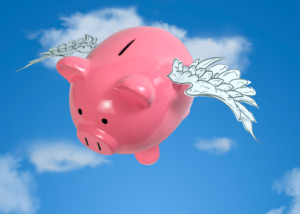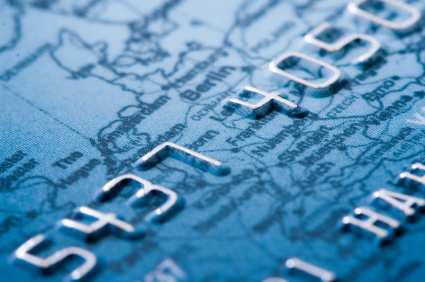 Today’s top story: What millennials get wrong about Social Security. Also in the news: How to save more money for your next vacation, the best rewards credit cards for family travel, and why you should think of your finances in terms of what you’re not buying.
Today’s top story: What millennials get wrong about Social Security. Also in the news: How to save more money for your next vacation, the best rewards credit cards for family travel, and why you should think of your finances in terms of what you’re not buying.
What Millennials Get Wrong About Social Security
The danger of believing the myths.
Save More Money for Your Next Vacation With This Simple Trick
Using a travel savings account.
Which Rewards Credit Cards Are Best for Family Travel?
The top picks.
Think About Your Finances in Terms of What You’re Not Buying
It could help to build longterm wealth.
 Today’s top story: What you need to know about student loan deferment. Also in the news: How to pass a smog test, exposing your data for better credit, and the best rewards credit cards of 2019.
Today’s top story: What you need to know about student loan deferment. Also in the news: How to pass a smog test, exposing your data for better credit, and the best rewards credit cards of 2019. Today’s top story: 5 things debt collectors can’t do – and 5 they can. Also in the news: The pros and cons of dropshipping, protecting intellectual property, and how to choose a rewards credit card.
Today’s top story: 5 things debt collectors can’t do – and 5 they can. Also in the news: The pros and cons of dropshipping, protecting intellectual property, and how to choose a rewards credit card.
